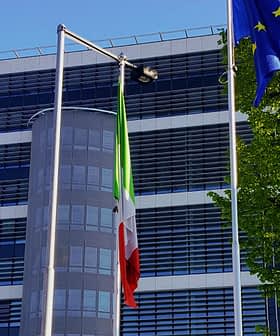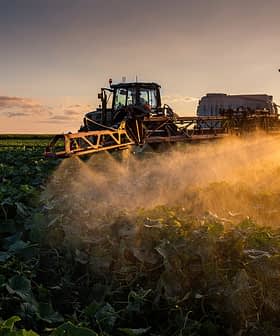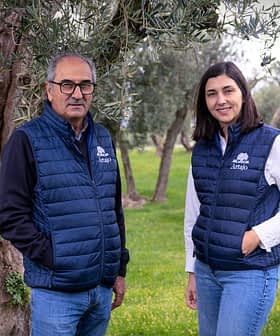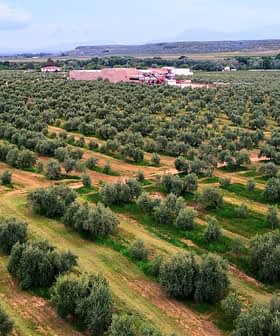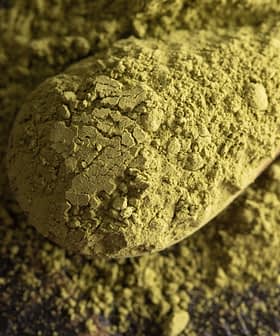European Awards Champion Organic Agriculture
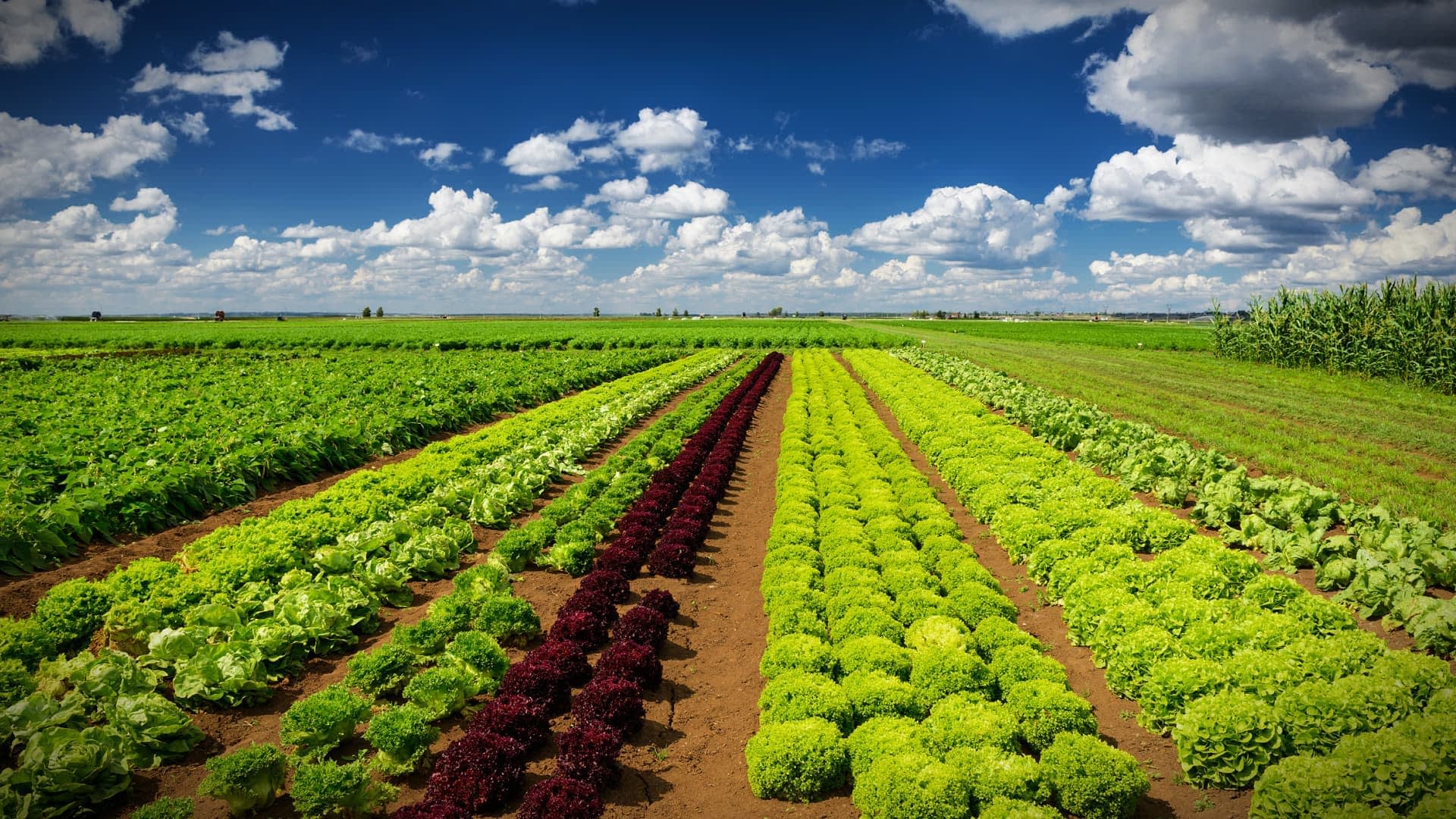
Eight organic agricultural stakeholders in the European Union were awarded in the first Organic Awards, announced during E.U. Organic Day, with major E.U. institutions supporting the event to promote organic agriculture and biodiversity. The awards recognized innovative projects and farmers across the E.U., highlighting the goal of having 25 percent of agricultural land under organic farming regimes by 2030.
Eight organic agricultural stakeholders in the European Union have been awarded in the inaugural edition of the 27-member bloc’s Organic Awards.
The awards were announced during the celebrations of E.U. Organic Day. Major E.U. institutions supported the events to promote an organic approach to agriculture while promoting biodiversity and its Farm-to-Fork Strategy.
These winners inspire those working to make our food and farming system more sustainable.
From innovative mushroom cultivation and propagation techniques in Spain to bio-intensive gardens on ancient Croatian farms, the awards rewarded specific farmers, projects and organic retailers.
Entire regions where organic agriculture thrives were awarded, too. Occitania, a region of southwestern France, earned the award for the best organic region, while Cilento, the first of Italy’s so-called “bio districts,” received a homonymous award. Incidentally, both are home to many organic olive groves.
See Also:Italy Investing €3B to Convert a Quarter of Farm Land to Organic by 2027A jury of representatives from various institutions, including COPA-COGECA, a farmers’ union, and the International Federation of Organic Agriculture Movements (IFOAM), nominated the award winners.
“These winners, and those shortlisted, inspire those working to make our food and farming system more sustainable, using organic’s potential,” Eduardo Cuoco, IFOAM Europe’s director, said. “Some of the awards’ criteria were based on the holistic principles of organic-care, health, ecology and fairness.”
Among the drivers of the Organic Day celebrations is the ambitious goal set by the European Commission to have 25 percent of its agricultural land under organic farming regimes by 2030.
Some of the most relevant olive oil-producing countries are heading in that direction. According to data from the Spanish Ministry of Agriculture, Fisheries and Food, nearly 11 percent of usable agricultural land in the country is under organic regimes.
Furthermore, agricultural land under organic cultivation increased by 16 percent in 2021. The surface area of organic olive groves in the country also rose by 16 percent, reaching 256,510 hectares.
In Italy, more than 17 percent of the country’s usable agricultural land is under organic regimes, according to the Federation for Organic Producers (FederBio).
However, reaching the 2030 goal will require a substantial acceleration in conversion to organic practices in many countries.
According to IFOAM, 14 million hectares – 9 percent – of agricultural land was under organic regimes across the European Union in 2019. Between 2014 and 2019, the amount of organic agricultural surface area in the bloc increased by 8.6 percent per annum.
“Based on these scenarios, the 25 percent by 2030 target is challenging but achievable and would require a three to five-fold increase in expenditure,” IFOAM said.
In E.U., more than 340,000 farmers have adopted or converted to organic regimes and are responsible for more than €38.8 billion in retail sales. About 3.2 percent of agricultural retail sales come from organic products.
“Today, we celebrate organic production, a sustainable type of agriculture where food production is done in harmony with nature, biodiversity and animal welfare,” said Commissioner for Agriculture Janusz Wojciechowski while introducing the inaugural E.U. organic day.
“I am glad that together with the European Parliament, the Council and key actors of this sector, we get to launch this annual E.U. organic day, a great opportunity to raise awareness of organic production and promote the key role it plays in the transition to sustainable food systems.”



